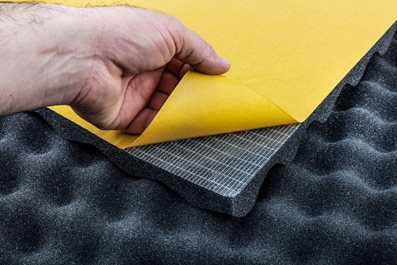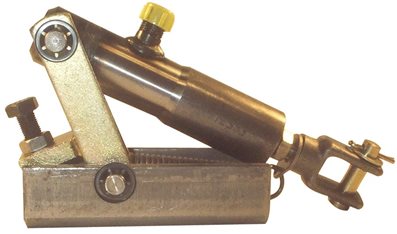How to Make Your Hydraulic System Quieter
 If you’re tired of the loud noises coming from your hydraulic system, explore the various techniques and strategies to help make hydraulic systems operate more quietly. Whether you’re dealing with hydraulic pump noise or excessive vibrations, we have got you covered. By implementing these tips, you will not only be able to enjoy a more peaceful working environment but also increase the overall lifespan of your hydraulic components.
If you’re tired of the loud noises coming from your hydraulic system, explore the various techniques and strategies to help make hydraulic systems operate more quietly. Whether you’re dealing with hydraulic pump noise or excessive vibrations, we have got you covered. By implementing these tips, you will not only be able to enjoy a more peaceful working environment but also increase the overall lifespan of your hydraulic components.
Causes for Noise in Hydraulic Systems
Several common causes of noise in hydraulic systems, include:
- Cavitation: This occurs when the fluid pressure drops below its vapour pressure, causing air bubbles to form and collapse rapidly. The collapsing bubbles create a loud popping or rattling noise.
- Hydraulic pump noise: Hydraulic pumps can generate significant noise due to their high-speed operation and vibrations caused by imbalanced components or worn-out bearings.
- Fluid turbulence: When the fluid flow encounters obstructions like sharp bends or sudden changes in diameter, it can cause turbulence and generate unwanted noise.
- Valve vibrations: Valves that are not properly tightened or have loose parts can vibrate against their housing, leading to irritating noises.
- Excessive pressure or flow: If the hydraulic system operates at higher pressures or flows than it is designed for, it can cause increased noise levels.
- Air in the system: The presence of air bubbles within the hydraulic fluid can lead to noise as they pass through components and create turbulence.
- Improperly sized components: Using incorrectly sized components like hoses, pipes, or fittings can create restrictions in the flow path and result in noisy operation.
Identifying and addressing these causes will help with noise reduction from your hydraulic system effectively.
Noise Reduction Tips

To make your hydraulic system quieter, try implementing the following tips:
- Use acoustic insulation: Apply sound-absorbing materials or insulating jackets to the pump and other noisy components to reduce noise transmission.
- Check for cavitation: Ensure that the fluid in your hydraulic system is at the recommended pressure and temperature levels to prevent cavitation. This can be achieved by using properly sized pumps and maintaining a sufficient reservoir size.
- Optimise fluid flow paths: Minimise sharp bends, sudden changes in diameter, or restrictions in hoses, pipes, and fittings to promote smoother fluid flow and minimise turbulence-induced noise.
- Maintain proper lubrication: Make sure all moving parts are adequately lubricated with the correct oil viscosity to reduce friction-related noise caused by worn-out bearings or improperly aligned components.
- Install vibration dampening mounts: Utilise rubber mounts or isolation pads beneath vibrating equipment like pumps or motors to minimise vibrations transmitted through surfaces that could amplify noise.
- Inspect and tighten all connections: Loose fittings, valves, or pipe clamps can vibrate against each other and create unwanted noises. Regularly inspect these connections during hydraulic system maintenance and ensure they are tightened appropriately.
- Consider silencers/dampers: Install silencers on exhaust ports of air-powered devices or dampers on pneumatic control valves if applicable. This helps reduce noise generated from escaping compressed air.

It’s crucial to remember continuous monitoring, hydraulic system maintenance, and periodic inspections are necessary to ensure noise reduction measures remain effective.
Hydraulic System Troubleshooting Assistance, Parts, and Components
When you need assistance with hydraulic system troubleshooting or parts and components for your hydraulic systems, count on White House Products, Ltd. We have one of the largest inventories of hydraulic pumps, motors, and related components. Register online or contact us directly today for further assistance.
Back to blog posts